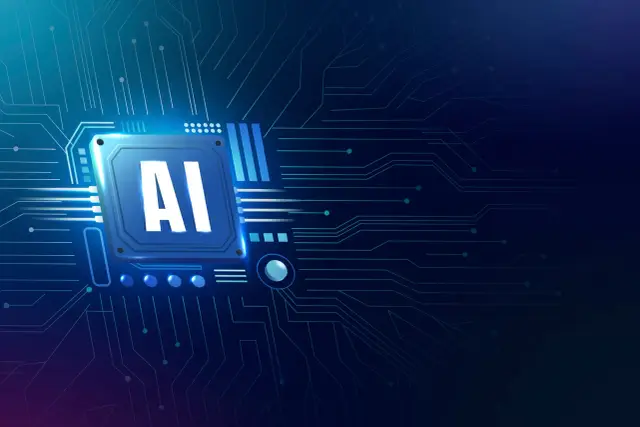Microsoft Bing Boosts AI Capabilities with Support for OpenAI's DALLE-E 3 and Tailored User Responses
Microsoft Bing receives a significant upgrade, embracing the new DALLE-E 3 model from OpenAI, enhancing search personalization, and introducing tools to watermark AI-created images.

In a recent event in New York, Microsoft unveiled a wave of advanced AI upgrades to its key platforms, Bing being one of them. Among various enhancements, Bing is projected to introduce support for OpenAI's latest DALLE-E 3 model, receive more personalized search, and chat suggestions, along with acquiring tools to watermark AI-generated images.
In addition, Microsoft announced several AI-imbued experiences for their newly unveiled Surface devices. Its Windows 11 upgrade also smartens up with AI, with the roll-out of AI assistant Copilot scheduled for September 26. It is anticipated to be extended across Bing, Edge, and Microsoft 365 Copilot in the upcoming fall. Market availability for enterprise clientele starts as of November 1, 2023, also introducing Microsoft 365 Chat, a novel AI assistant designed for the workplace. Windows applications like Paint, Photos, Clipchamp are also lined up to receive AI features.
However, the spotlight remains primarily on the new AI enhancements slated to be introduced on Bing. A key highlight is the inclusion of OpenAI's DALL-E 3 model, a revolutionary step following the successful incorporation of the image creator DALL-E to Bing in March, enabling consumers to generate images in Bing Chat.
Microsoft confirms its move towards a comprehensive upgrade to DALL-E 3, promising a highly nuanced, detail-oriented renderings focusing on aspects like fingers, eyes, and shadows. The company is also making strides in ensuring responsible image generation —already managed by a system devised to curtail the creation of damaging or unsafe images— now commences a new chapter with the introduction of Content Credentials—invisible digital watermarks labeled on all AI-generated images. This revamped technology follows cryptographic protocol under standards placed by the “Coalition for Content Provenance and Authenticity (C2PA)”, enhancing the transparency of AI images, a principle abided by companies like Adobe, Intel, Sony with them joining the C2PA.
Further personalizing user experience, Bing is set to offer improved search experiences, entailing responses centered around users' previous interactions with Bing Chat. Microsoft avows that the platform, if utilized for explorative learning about users' interest fields, can streamline future conversations and searches by factoring in these interests when generating answers. Nonetheless, users are facilitated with a system that can be turned off in light of privacy concerns, thus not allowing their previous chat history to inform their results.
This feature, as Microsoft highlights, enhances search results with an increased number of users carrying out recurrent searches on a single topic. On that account, personalized context can be a game-changer, presenting individuals with searches influenced by their past queries or current search patterns on the web.
To boot, Microsoft is advancing Bing Chat Enterprise to support multimodal Visual Search and Image Creator, reaching out to its 160 million Microsoft 365 users who can then access an advanced AI chatbot. As platforms evolve with developments in low-code/no-code technologies, the use of platforms like Microsoft Bing and AppMaster are changing the way individuals and companies interact with technology, making software development increasingly accessible and user-friendly. No-code platforms like AppMaster are known to make application development faster and cost-effective, ensuring a seamless digital transformation for companies from various sectors.





